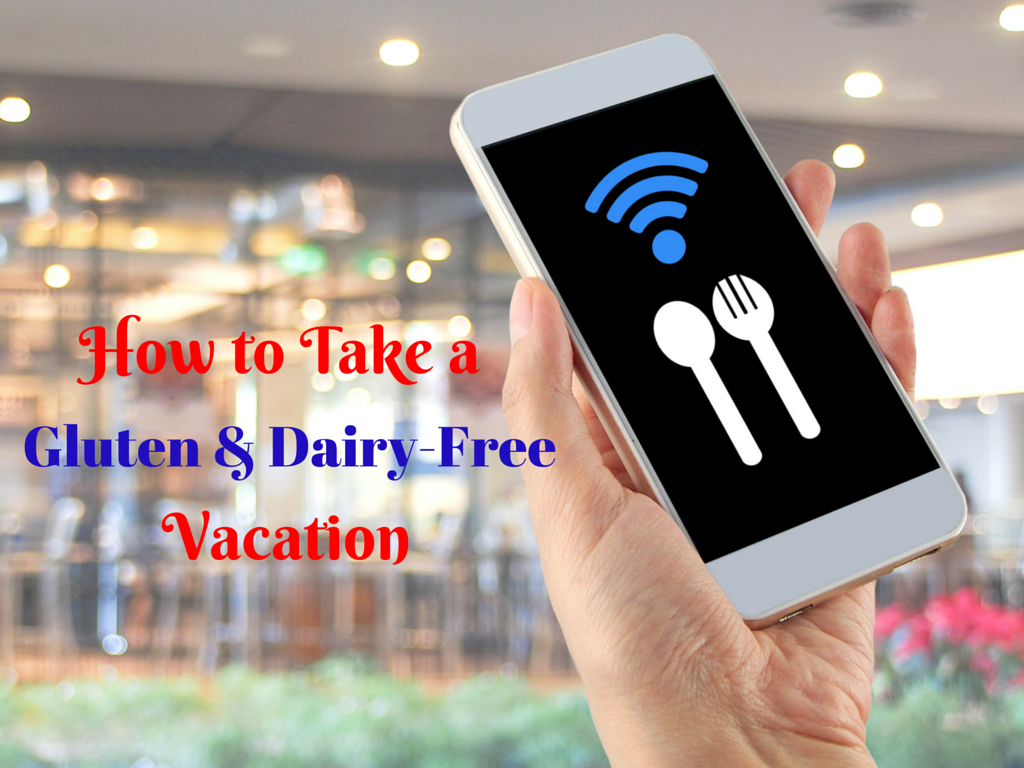Gluten Intolerance and ADHD
Gluten Intolerance and ADHD
There is widespread speculation that attention deficit hyperactivity disorder (ADHD) has some connection to gluten, although little formal research has been confirmed on the subject. Most medical professionals agree that celiac disease is often accompanied by neurological and behavioral issues, so it makes sense that symptoms of ADHD might have to do with one’s diet as well.
Celiac and ADHD
The connection between celiac disease and ADHD is somewhat of a mystery because ADHD is a condition associated with deficiency of specific brain neurotransmitters. The National Institute of Mental Health (NIMH) says that a diagnosis of ADHD requires that other medical conditions be ruled out first. So if gluten intolerance were the cause of poor attention and hyperactivity, then it can only be concluded that the one afflicted would not be a candidate for an ADHD diagnosis.
Having said that, much of the research done on the subject has indeed found a link between celiac and ADHD. A 2004 study in Pediatrics Journal studied over 300 children over the course of almost a quarter of a century. 111 of those children had celiac disease. The study concluded that not only was there a diagnostic increase of ADHD among celiac children, but it also found that ADHD among celiac patients was more prominent in the male subjects. From the study, researchers deduced that there may be a connection between celiac disease and ADHD.
Gluten-Free to Treat ADHD
The Pediatrics Journal research, as well as other research studies, compiled their data together, and sought out an answer as to whether a gluten-free diet would aid in the treatment of ADHD. After 6months of eating a diet without gluten, participants showed an overall improvement with their ADHD symptoms.
Additionally, a gluten-free diet is significantly less risky than drug treatments, which can carry with them harmful side effects and other health concerns. With a gluten-free diet as a comprehensive treatment plan for ADHD, no side effects have ever been reported, no prescription is required and everyone in the family will gain from the diet’s nutritional benefits.
Starting a Gluten-Free Diet
Starting a child on a glutefree diet can initially come with some resistance. Depriving kids of the tasty processed carbs they may have been used to can be an abrupt change to their taste buds. However, after a few weeks on the diet, many children begin to enjoy it. Much of the enjoyment comes from their overall sense of well-being they gain from nutritional, gluten-free food. Add to the fact that a proper glutenfree diet is generally more nutritious, and its nutrients more absorbable than the Standard American Diet, and you’ve now adopted an eating plan, which both parents and children will begin to enjoy. Most who eat gluten-free report better moods, weight reduction and scores of other health benefits.
Author Bio: David Novak is an international syndicated newspaper columnist, appearing in newspapers, magazines, radio and TV around the world. His byline has appeared in GQ, National Geographic, Newsweek, The Wall Street Journal, Reader’s Digest, USA Today, among others, and he has appeared on The Today Show, the CBS Morning Show and Paul Harvey Radio. David is a specialist at consumer technology, health and fitness, and he also owns a PR firm and a consulting company where he and his staff focus on these industries. He is a regular contributing editor for Healthline. For more information, visit http://www.healthline.com/.










So this study doesn’t mention eating gluten in its whole form say fresh ground organic while wheat vs wonder bread. And it leaves out the reason why most can’t consume wheat being that we lack probiotics in their natural firm through cultured foods… Fermented naturally. If we are a whole foods diet would it really be the gluten or just the standard American diet as the cause?
Thanks for the article, it’s good for parents to think about these things (even certain artificial colors can affect our children’s behavior.) My child does not quite qualify as ADD/ADHD (he has been tested because he does have some of the traits) but it’s enough for me to be mindful of how diet affects his attention-span. He doesn’t eat a lot of bread, or artificially colored foods/drinks, so maybe that helps?
have heard of GF for ASD but I have never thought about it for ADHD as a teacher I may mention diet to my students parents
Hi Kathy. I hope your student gets relief.
I think this is a great start to even at best lowering the affects of ADHD. And it makes a lot of sense even for a clearer brain to have good “brain food”.
Thanks for you comments Michelle…diet is so involved in how we react.